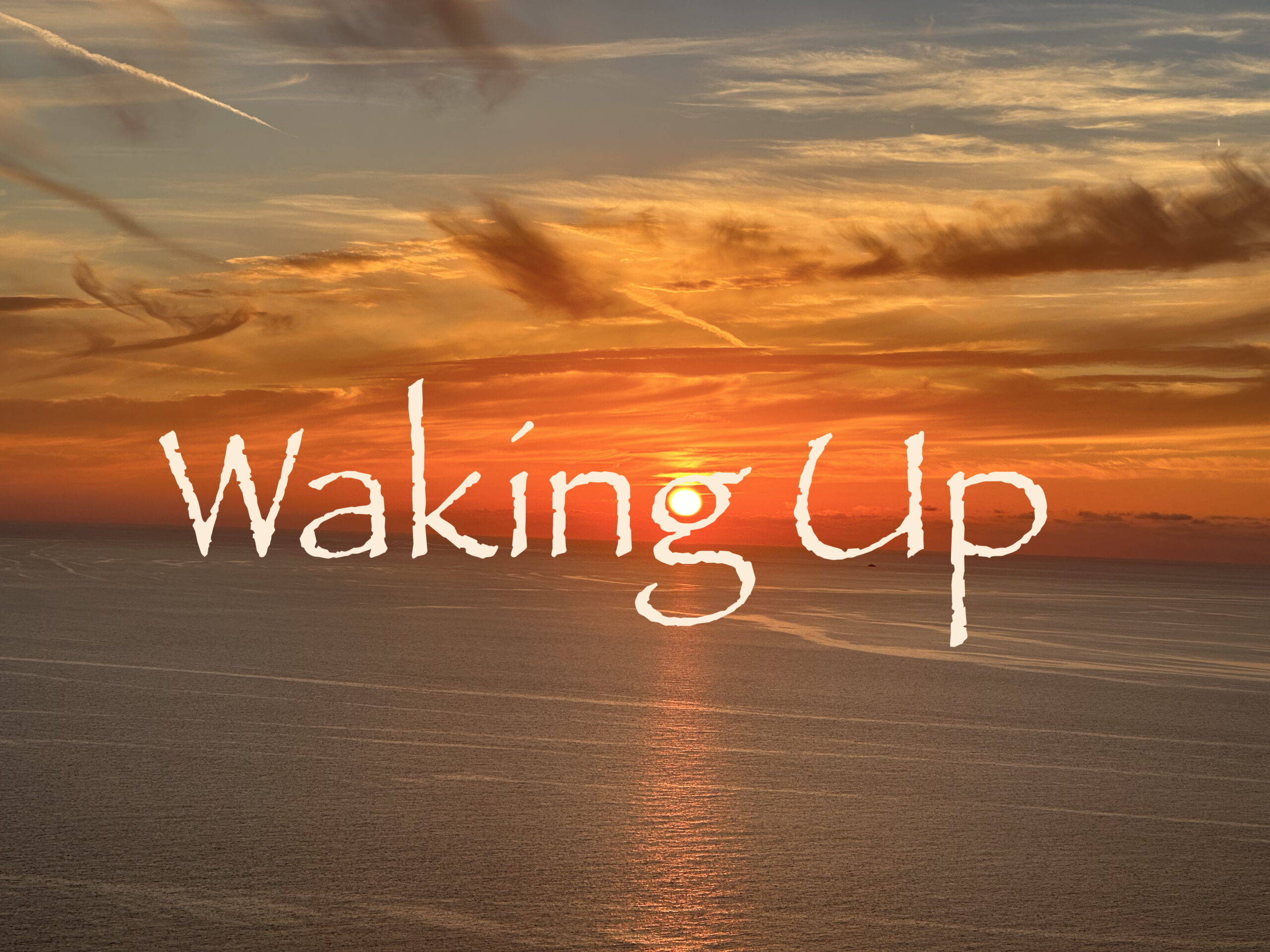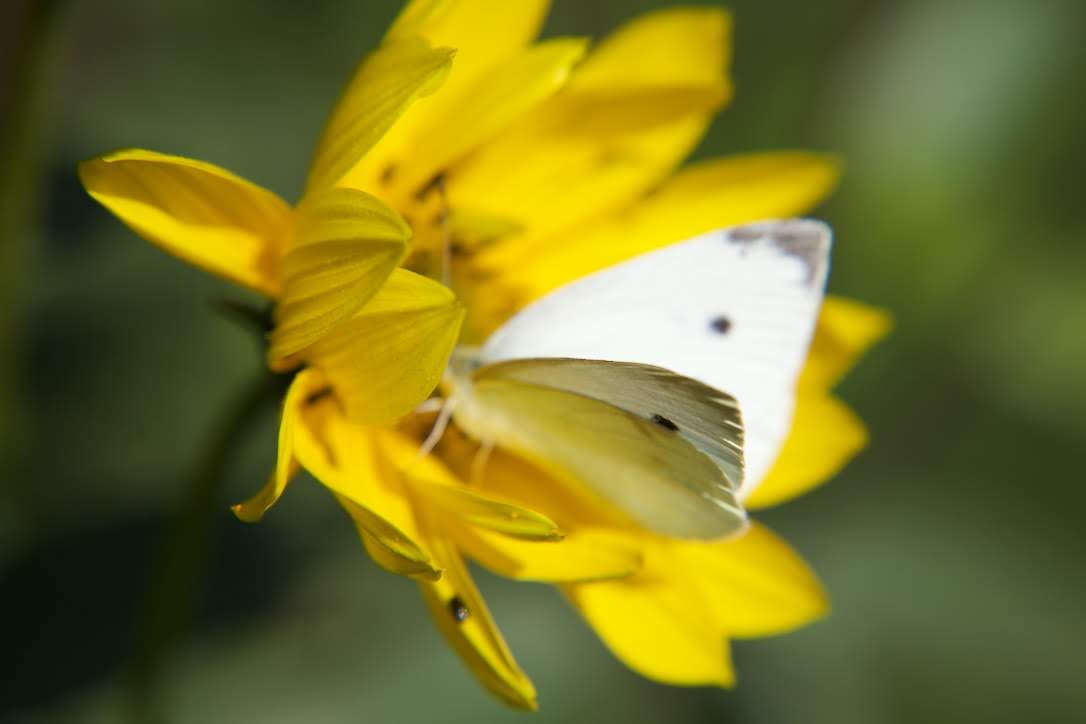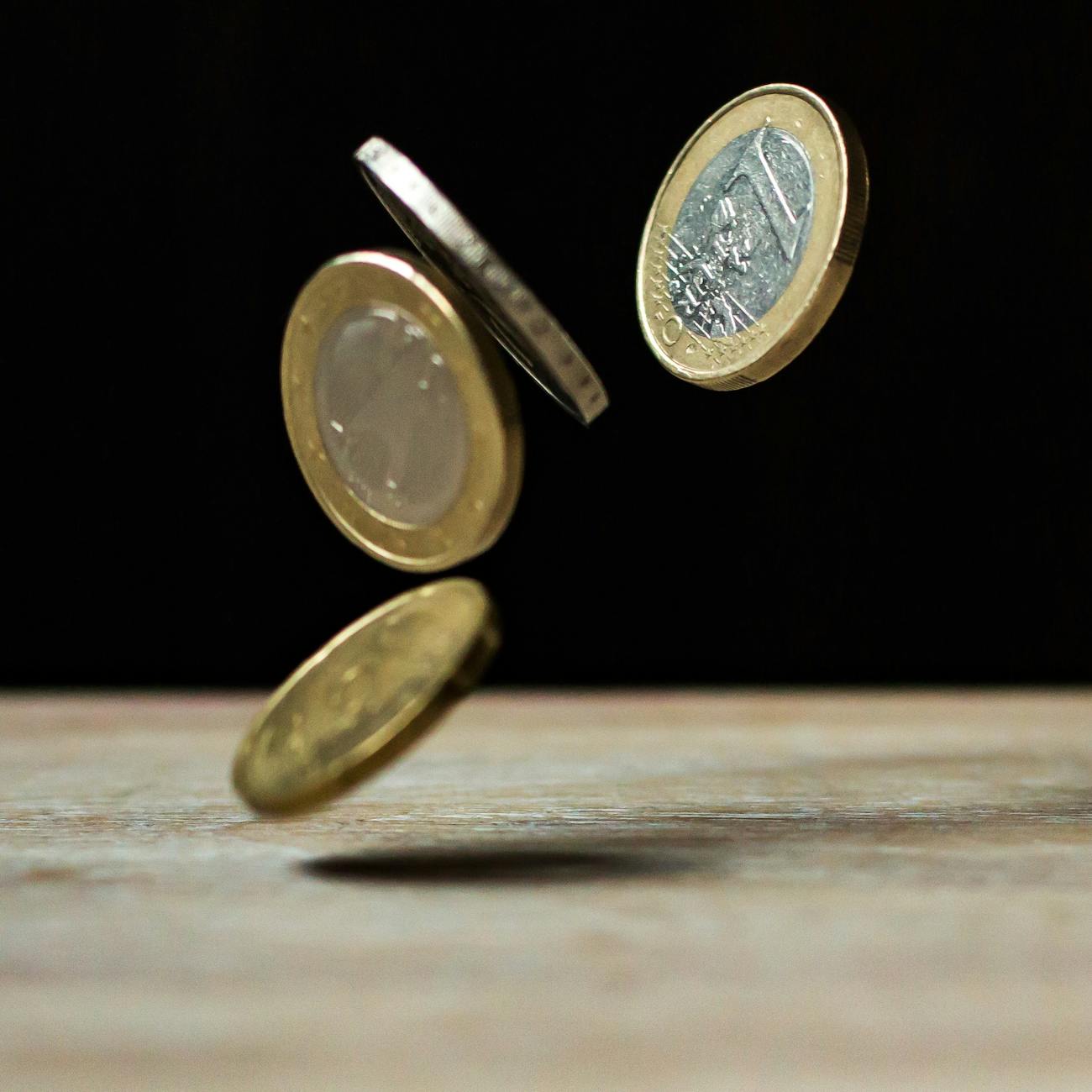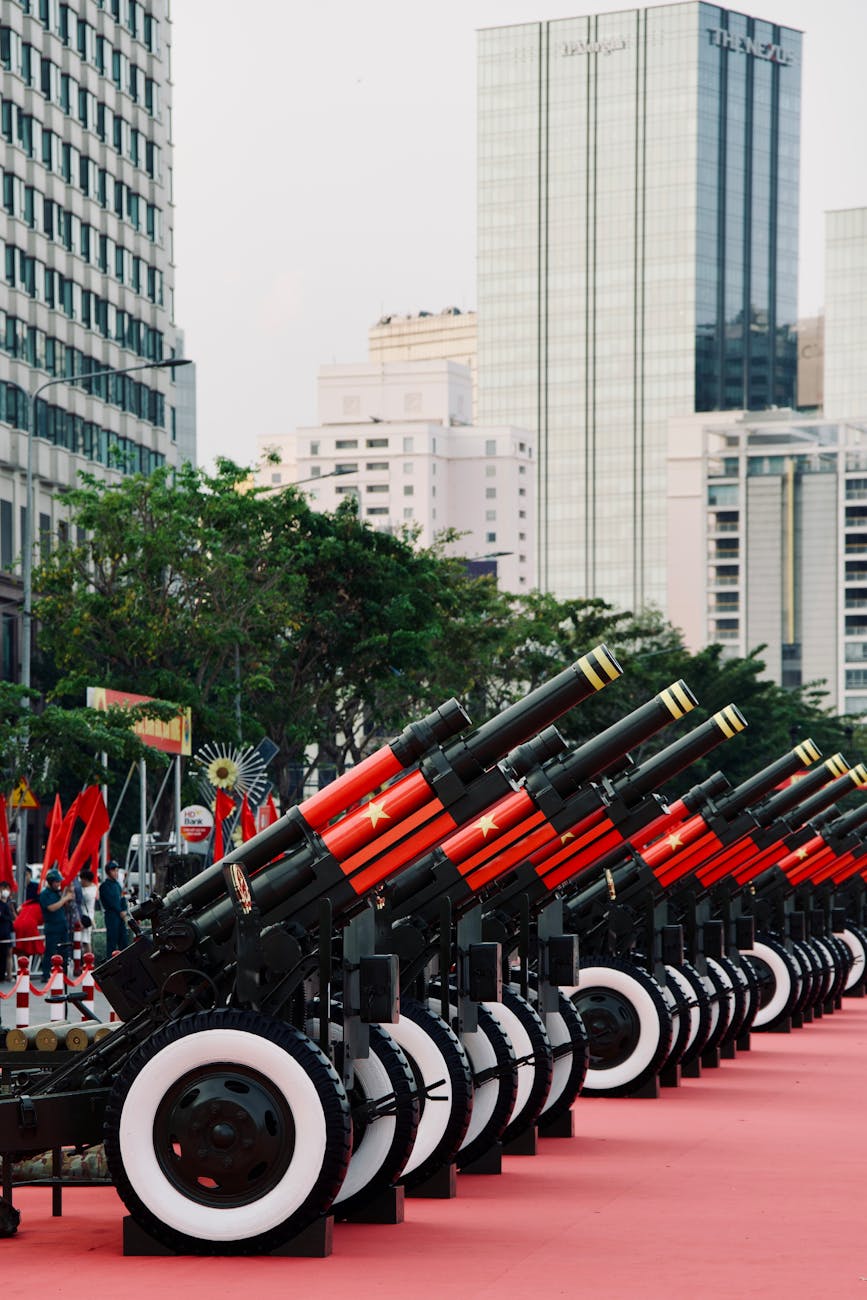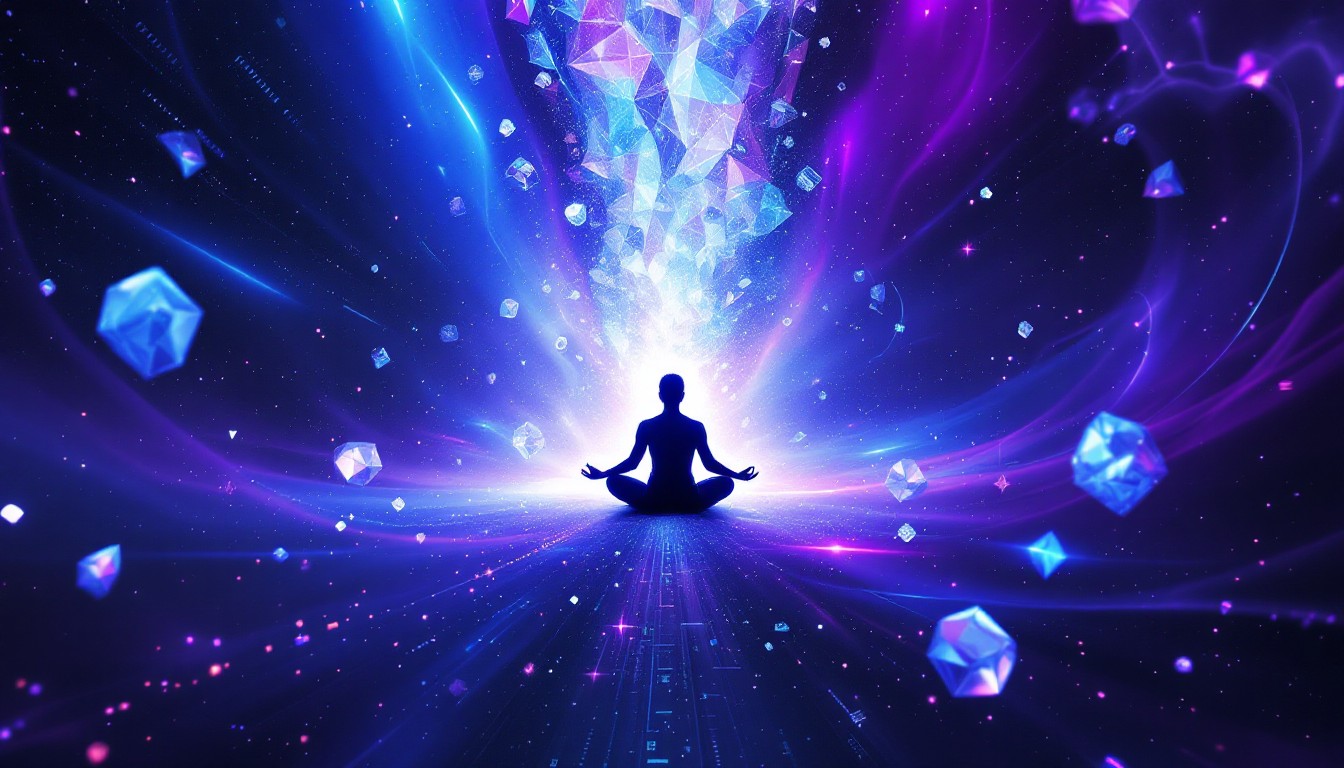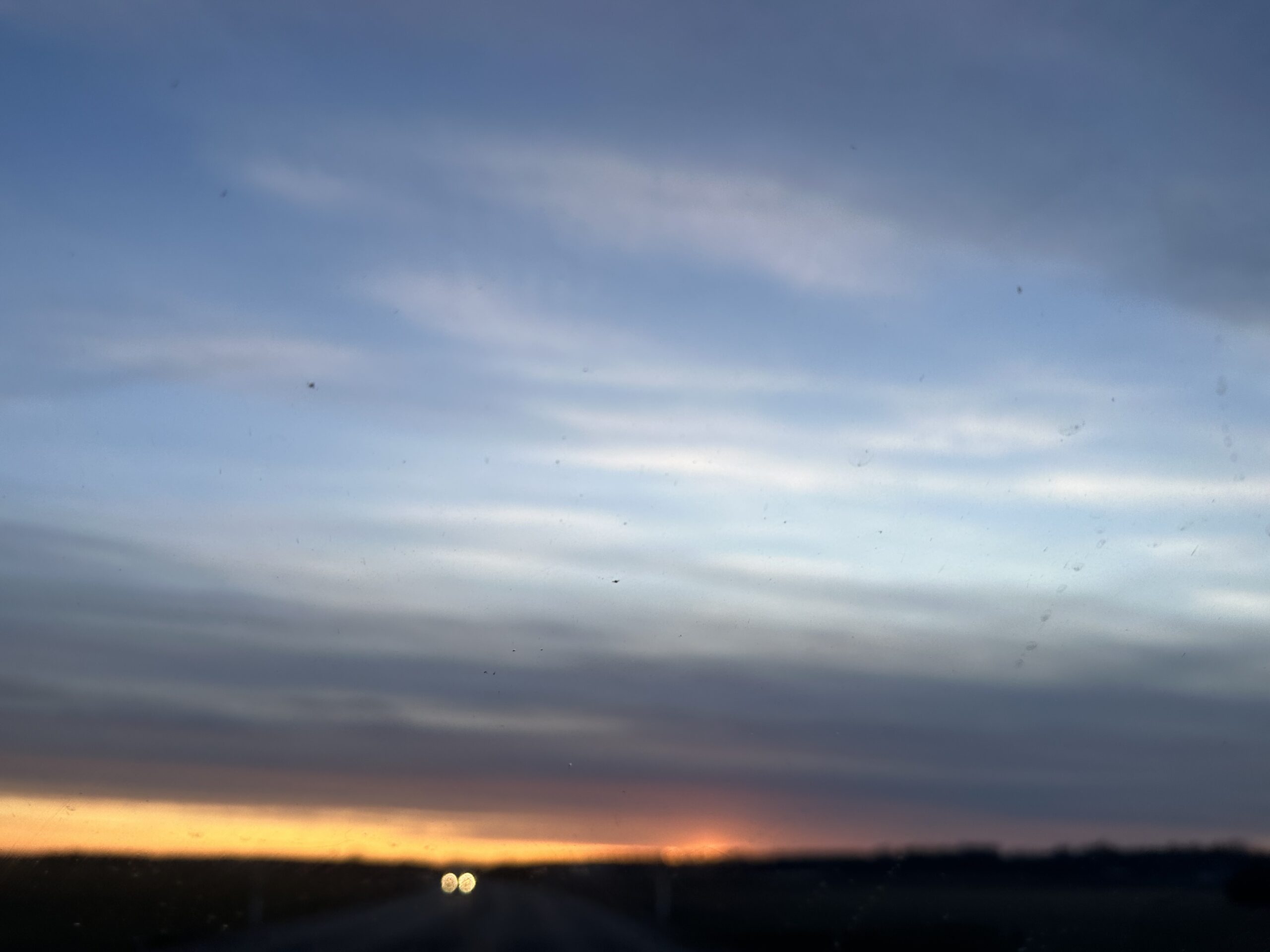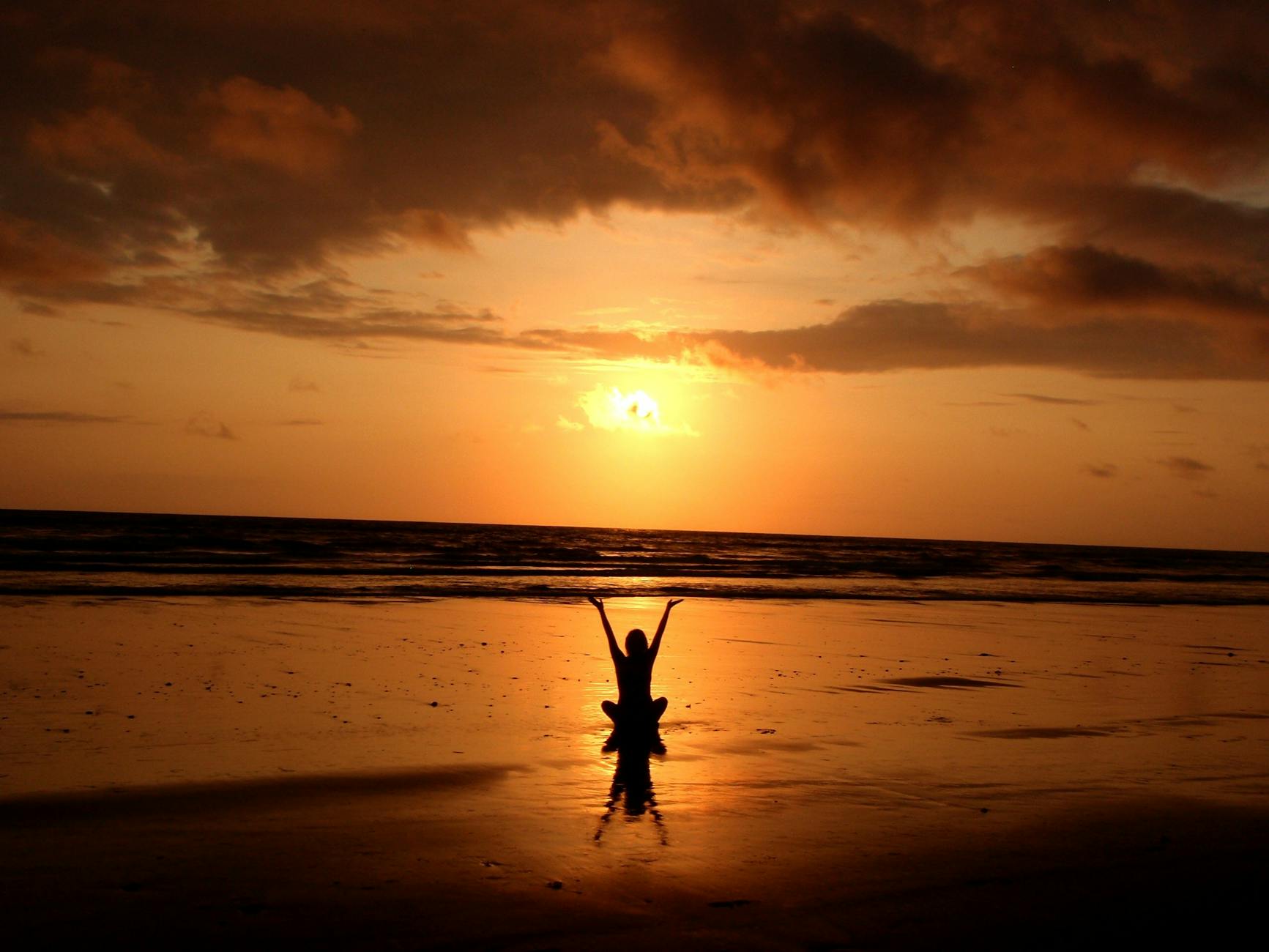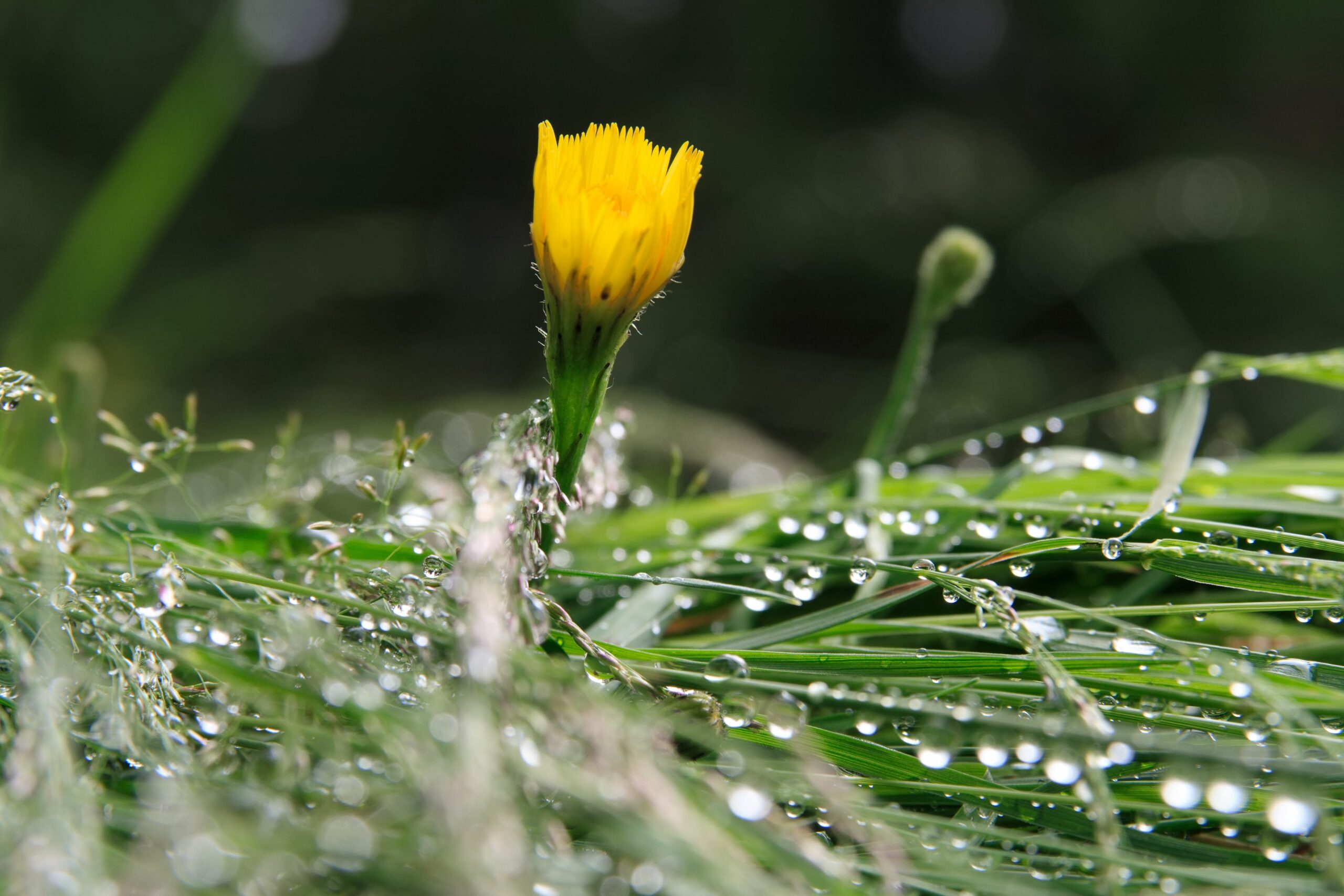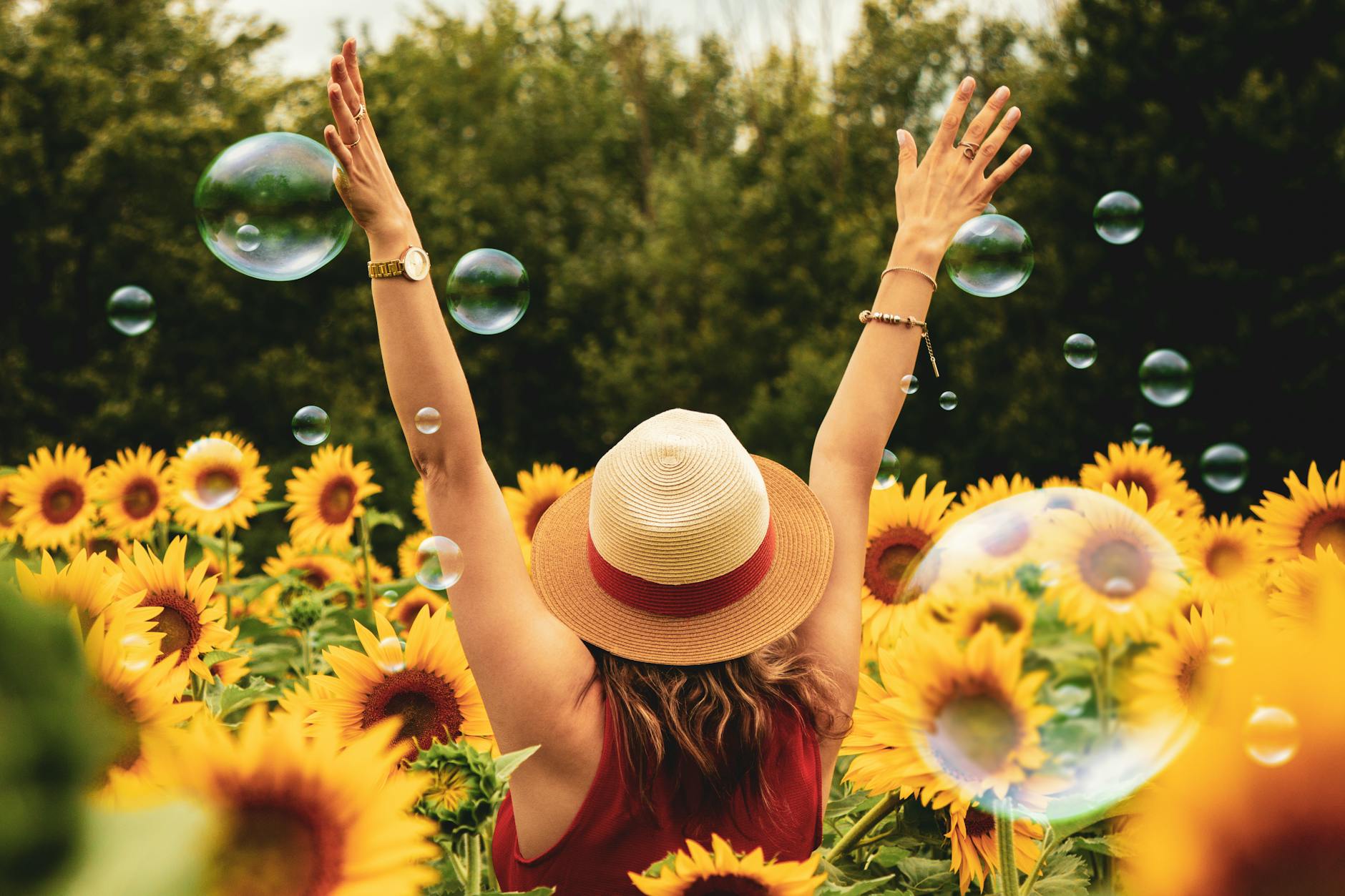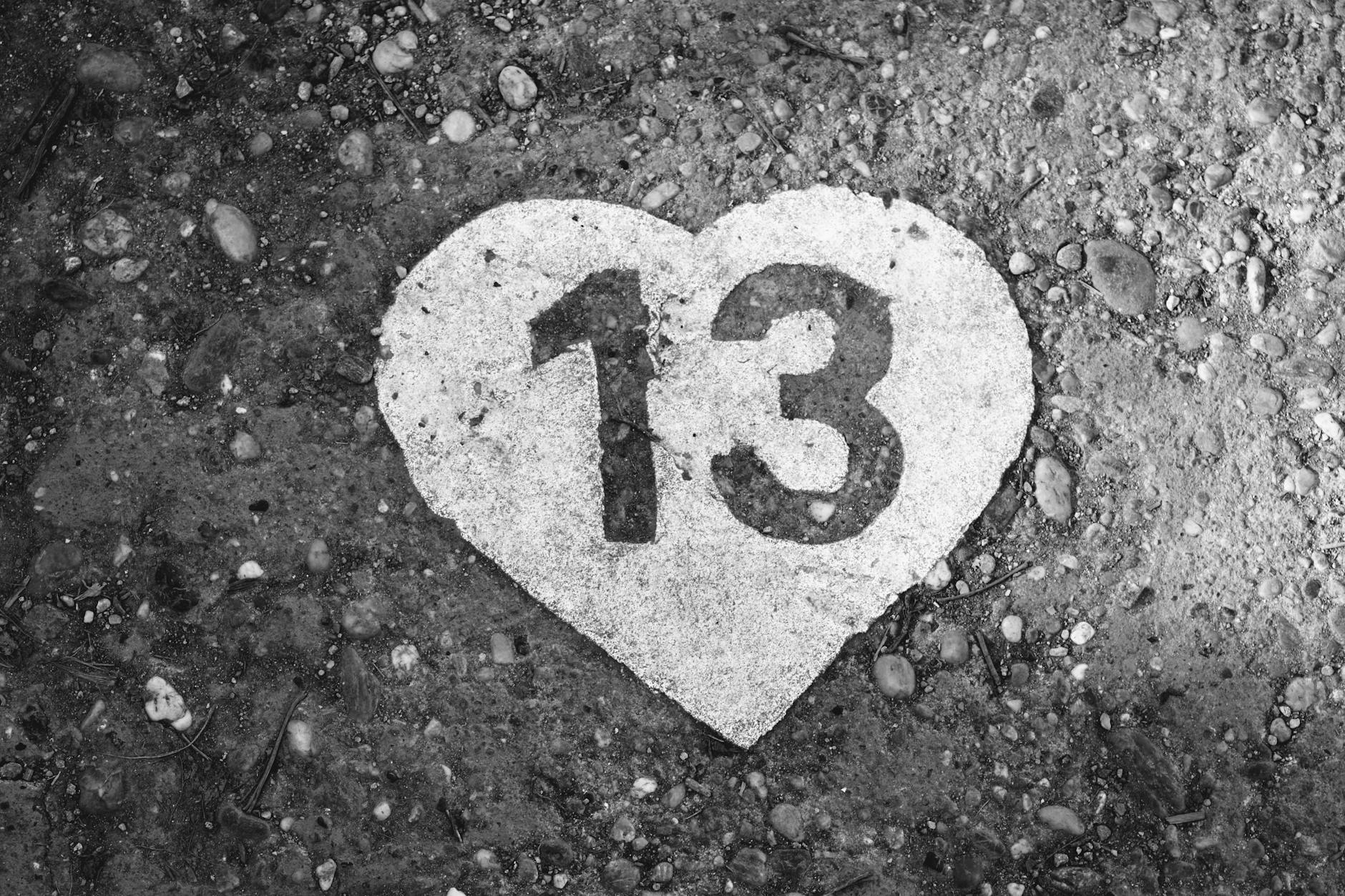Something is happening. The book Waking Up is beginning to touch people— And New reviews are coming in…
from the UK, Canada, and the U.S.
Since releasing Waking Up, I’ve been humbled and encouraged by the feedback coming in from readers around the world. Some have kindly taken the time to leave reviews on Amazon — and I want to share three that truly touched me.
These responses capture exactly what I hoped the book would communicate: a compelling story, a transformative vision, and the feeling of being immersed in something new and hopeful.
🇬🇧 United Kingdom
“Imaginative look at the future”
★ ★ ★ ★ ★ – Verified Purchase
Reviewed on Amazon UK, June 12, 2025
A compelling narrative (I read its 200-odd pages at a single stretch) taking us on a fascinating journey across an ultra-technological world seen through the eyes of a newcomer who is challenged by everything around him. In this world, there is ‘shared stewardship’ of the planet, ‘no one owns it – we belong to it’, and there is ‘no money, no ownership, no competition’. Mutual support has taken the place of conflict in a society without borders, money or the market – only rational and mutually beneficial work and cooperation. We find that, through the efficient management of resources, there is sufficient abundance to allow everyone to live comfortably in their own way. There is imaginative drama as well, as a small group of people try to upset the apple cart and effect a return to capitalism, and even some ‘love interest’ – all contributing to the book’s readability. Thoroughly recommended.
🟣 My note:
This was the kind of review that made me stop and smile. That it was read in one single stretch is a huge compliment in itself, but even more so is how clearly the reviewer understood the vision. Shared stewardship, abundance, cooperation — that’s the foundation of the world I tried to describe.
🇨🇦 Canada
“A gem in the sci-fi genre”
★ ★ ★ ★ ★ – Verified Purchase
Reviewed on Amazon Canada, May 3, 2025
We enjoyed the read and especially how the characters transformed through the story. It was moving, compelling and keeps the reader engaged with “what happens next.” This story portrays an inspiring vision of the future of humanity working together in the best interests of each other and the planet, a harmonious future that is rarely considered in futuristic stories. We share a similar version of the future. This book is a gem in the sci-fi genre.
— Signe Miranda & Richard Kiernicki
🟣 My note:
This review meant a lot because it came from fellow visionaries who understand what it means to dream of a better world. The emphasis on harmony and transformation gets right to the heart of Waking Up — that real change begins within and blossoms outward into a new kind of civilization.
🇺🇸 United States
“Capturing!”
★ ★ ★ ★ ★ – Verified Purchase
Reviewed on Amazon.com, June 26, 2025
The writer has a spectacular imagination and knowledge about how an imaginary future could look like. Well written. Captures you at once. Now I bought one more book as a gift to a friend!
🟣 My note:
Short, direct, and deeply encouraging. When someone finishes the book and immediately buys another copy to give away — that tells me the message is starting to spread, just as I’d hoped.
📚Have You Read It Yet?
If you’ve already read Waking Up and feel inspired, please consider leaving your own review on Amazon — every single review helps others discover the book and adds energy to this vision.
And if you haven’t read it yet, Waking Up is available now as:
- 📱 eBook – $4.99
- 📗 Paperback – $12.00
👉 ORDER NOW on Amazon or whatever bookstore is your favorite from this universal book link:
Let’s keep waking up — together.
